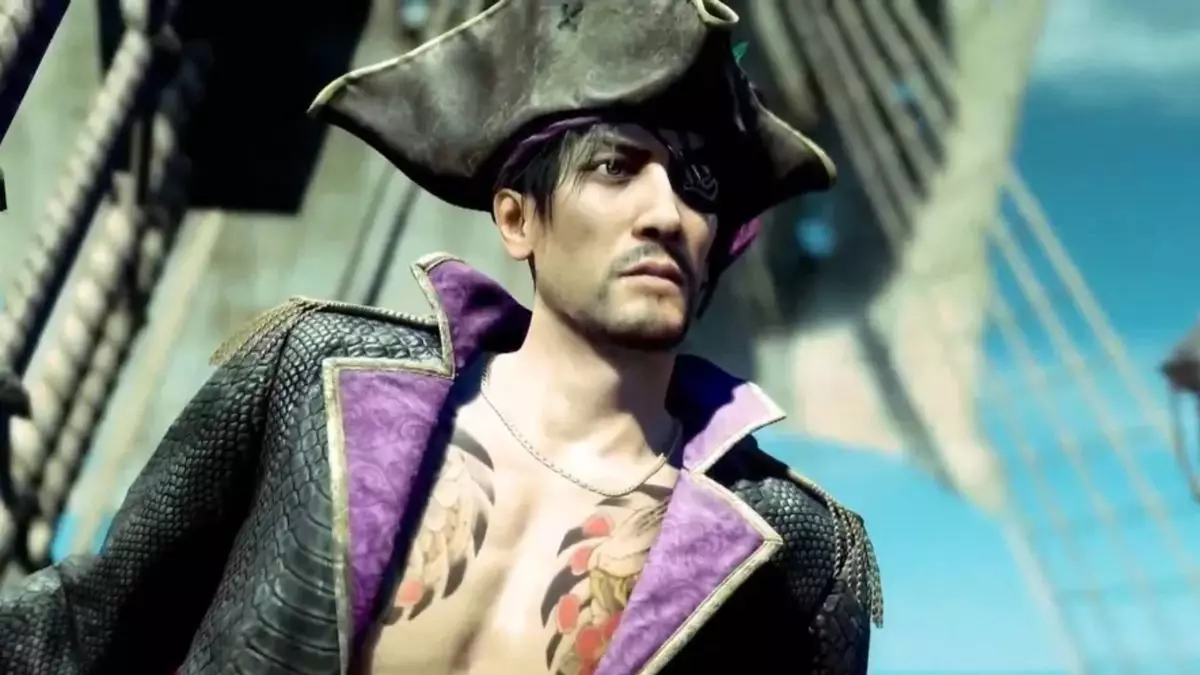In an increasingly competitive gaming landscape dominated by long developmental cycles and expansive sequels, RGG Studios stands out for its rapid-fire approach to game releases. The upcoming title, *Like A Dragon: Pirate Yakuza in Hawaii*, is set to launch just a year after its predecessor, *Like A Dragon: Infinite Wealth*. This is no small feat; many gaming franchises have succumbed to lengthy development timelines, leaving fans waiting years for new content. RGG’s strategy of issuing annual iterations allows fans of the Yakuza series to remain engaged and entertained, showcasing a refreshing commitment to community satisfaction.
The praise for RGG’s approach comes not only from gamers but also from industry professionals. Michael ‘Cromwelp’ Douse, director at the publisher of *Baldur’s Gate 3*, characterized the studio’s methodology as “genius,” referring to it as “fractal design.” This method emphasizes retaining successful elements from previous titles while innovating strategically where necessary. According to Douse, this approach not only keeps development costs manageable but also helps build and maintain a loyal fanbase. The repeated use of assets, locations, and mechanics across titles creates a familiar yet evolving landscape for players, which is a significant contrast to other franchises that tend to start anew with each installment.
In an era when franchises such as *Halo* or *Assassin’s Creed* would typically offer yearly releases, the overwhelming budget demands and escalating player expectations for groundbreaking advancements have forced many developers to step back from such rapid iterations. RGG Studios, however, has defied this trend by embracing a focused strategy of mastering and refining gameplay rather than overhauling it completely with each entry. This is notably evident in the upcoming *Like A Dragon: Pirate Yakuza in Hawaii*, which continues to build upon the established combat system while integrating fan-favorite mechanics like mini-games.
One notable addition to the upcoming title is the introduction of a jump button, a rarity in the Yakuza series. While this may seem like a small feature, it symbolizes the studio’s commitment to enhancing the player experience. It illustrates RGG’s ability to balance tradition with subtle innovation, a characteristic essential for any long-standing franchise. By reusing familiar landscapes—like the Hawaiian town from *Infinite Wealth*—and enhancing the gameplay in meaningful ways, RGG creates a sense of continuity that resonates with its audience.
As long as RGG Studios continues to deliver engaging content with clever iterations, the Yakuza series appears to be in good hands. Their focus on maintaining player engagement while practicing strategic renewal offers valuable lessons for other franchises grappling with the need for innovation amid rising development costs. In a climate that often prefers risk aversion, RGG’s unique path demonstrates how a dedication to community and iterative design can successfully meld tradition with the exciting possibilities of the gaming world. As *Like A Dragon: Pirate Yakuza in Hawaii* approaches its release, fans eagerly await yet another installment that promises to honor the features they’ve come to love while exploring new horizons.


Leave a Reply